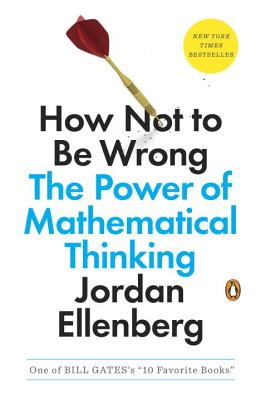Expedite your nonfiction book discovery process with Readara interviews, summaries and recommendations, Broaden your knowledge and gain insights from leading experts and scholars
In-depth, hour-long interviews with notable nonfiction authors, Gain new perspectives and ideas from the writer’s expertise and research, Valuable resource for readers and researchers
Optimize your book discovery process, Four-to eight-page summaries prepared by subject matter experts, Quickly review the book’s central messages and range of content
Books are handpicked covering a wide range of important categories and topics, Selected authors are subject experts, field professionals, or distinguished academics
Our editorial team includes books offering insights, unique views and researched-narratives in categories, Trade shows and book fairs, Book signings and in person author talks,Webinars and online events
Connect with editors and designers,Discover PR & marketing services providers, Source printers and related service providers

How Not to Be Wrong: The Power of Mathematical Thinking
Mathematics > Applied
- Penguin Books
- Paperback
- 9780143127536
- 8.6 X 5.3 X 1 inches
- 0.85 pounds
- Mathematics > Applied
- (Single Author) Asian American
- English
Readara.com
Book Description
The math we learn in school can seem like a dull set of rules, laid down by the ancients and not to be questioned. In How Not to Be Wrong, Jordan Ellenberg shows us how terribly limiting this view is: Math isn't confined to abstract incidents that never occur in real life, but rather touches everything we do--the whole world is shot through with it.
Math allows us to see the hidden structures underneath the messy and chaotic surface of our world. It's a science of not being wrong, hammered out by centuries of hard work and argument. Armed with the tools of mathematics, we can see through to the true meaning of information we take for granted: How early should you get to the airport? What does public opinion really represent? Why do tall parents have shorter children? Who really won Florida in 2000? And how likely are you, really, to develop cancer?
How Not to Be Wrong presents the surprising revelations behind all of these questions and many more, using the mathematician's method of analyzing life and exposing the hard-won insights of the academic community to the layman--minus the jargon. Ellenberg chases mathematical threads through a vast range of time and space, from the everyday to the cosmic, encountering, among other things, baseball, Reaganomics, daring lottery schemes, Voltaire, the replicability crisis in psychology, Italian Renaissance painting, artificial languages, the development of non-Euclidean geometry, the coming obesity apocalypse, Antonin Scalia's views on crime and punishment, the psychology of slime molds, what Facebook can and can't figure out about you, and the existence of God.
Ellenberg pulls from history as well as from the latest theoretical developments to provide those not trained in math with the knowledge they need. Math, as Ellenberg says, is an atomic-powered prosthesis that you attach to your common sense, vastly multiplying its reach and strength. With the tools of mathematics in hand, you can understand the world in a deeper, more meaningful way. How Not to Be Wrong will show you how.
Author Bio
Jordan S. Ellenberg is John D. MacArthur Professor of Mathematics and Vilas Distinguished Achievement Professor of Mathematics at University of Wisconsin Madison.
I've been at Wisconsin since the fall of 2005. My field is arithmetic algebraic geometry: my specific interests include rational points on varieties, asymptotic enumeration of number fields and other arithmetic objects, incidence problems and algebraic methods in combinatorial geometry, Galois representations attached to varieties and their fundamental groups, representation stability and FI-modules, the geometry of large data sets, non-abelian Iwasawa theory, pro-p group theory, automorphic forms, stable cohomology of moduli spaces, the complex of curves, Hilbert-Blumenthal abelian varieties, Q-curves, Serre's conjecture, the ABC conjecture, and Diophantine problems related to all of the above.
My research here is partially supported by an NSF grant, a Kellett Mid-Career Award, and the Office of the Vice Chancellor for Research and Graduate Education, with funding by the Wisconsin Alumni Research Foundation. I co-organize the Wisconsin number theory seminar. I am also a Discovery Fellow at the Wisconsin Institute for Discovery, where I am part of the Machine Learning group and the Institute for Foundations of Data Science. I am a member of the Science Board of IPAM.
Source: University of Wisconsin Madison
Videos






Community reviews
No Community reviews

